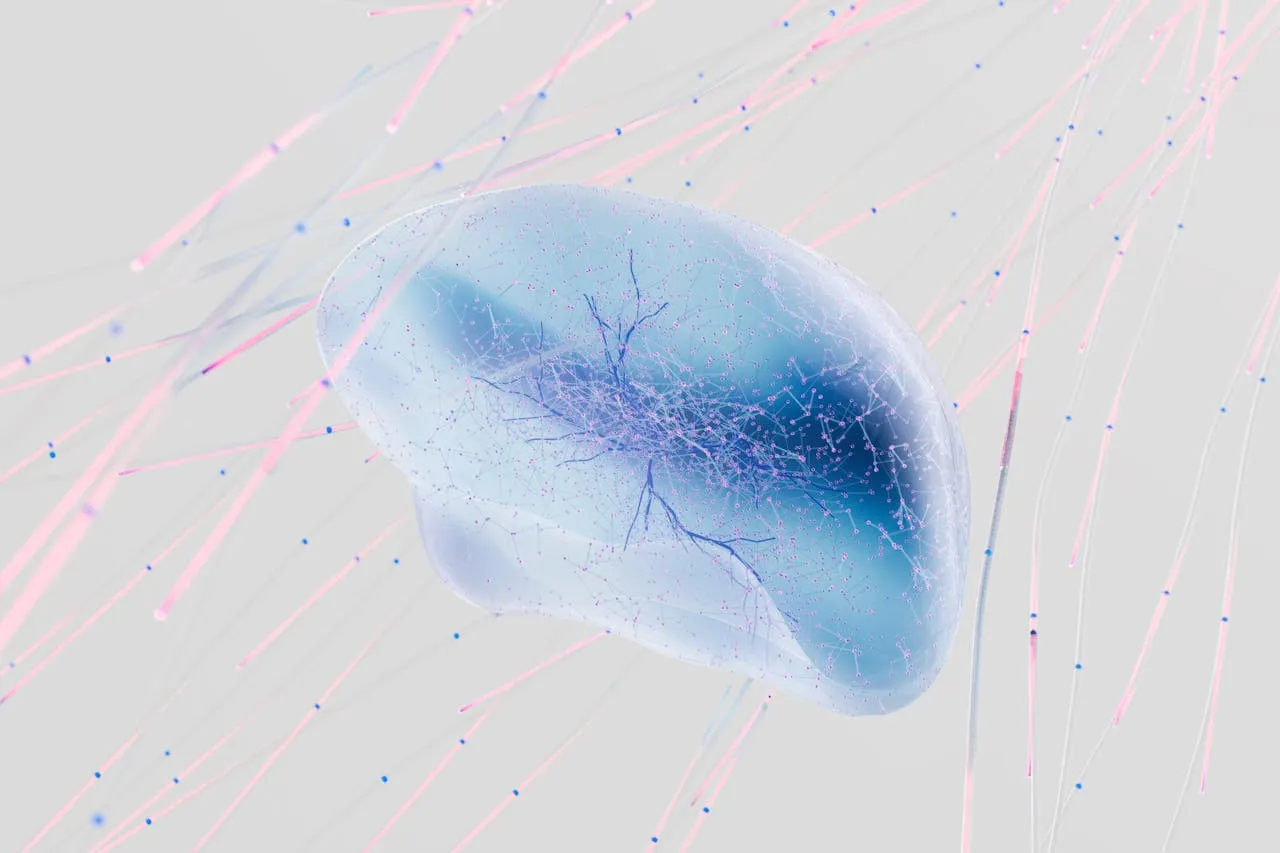
Alto Neuroscience Reports Positive Interim Analysis Outcome for ALTO-300 Phase 2b Trial in Major Depressive Disorder
Alto Neuroscience, Inc. (“Alto”) (NYSE: ANRO), a clinical-stage biopharmaceutical company focused on developing precision medicines for neuropsychiatric disorders, has announced the favorable outcome of the planned interim analysis for the Phase 2b trial of its investigational drug ALTO-300 as an adjunctive treatment for patients with major depressive disorder (MDD). The results of the interim analysis confirm the continuation of the Phase 2b trial, with an increase of approximately 50 additional biomarker-positive patients for the final analysis sample. The company anticipates that topline results will be available by mid-2026.
Amit Etkin, M.D., Ph.D., the founder and CEO of Alto Neuroscience, expressed his excitement regarding the outcome of the interim analysis. “The outcome of this interim analysis marks an important milestone for the ALTO-300 program,” said Dr. Etkin. “The interim analysis provided a critical opportunity to integrate valuable insights gained from the completed ALTO-100 Phase 2b trial, and we are encouraged by the results. We are now looking forward to reporting topline data in mid-2026, which we believe will continue to drive the development of ALTO-300 as a promising treatment for MDD.”
Background on ALTO-300 and the Phase 2b Trial
The Phase 2b trial (NCT05922878) is designed as a double-blind, placebo-controlled study that aims to evaluate the efficacy and safety of ALTO-300 as an adjunctive treatment in patients with MDD. MDD, which is one of the most common and debilitating neuropsychiatric disorders, is often difficult to treat, particularly in patients who have not responded adequately to standard antidepressants. Alto’s strategy centers around precision medicine, and the trial focuses on patients who exhibit a specific electroencephalogram (EEG) biomarker signature.
The inclusion of biomarker-positive patients in the trial is a critical aspect of Alto’s approach. The EEG biomarker signature identified in patients has the potential to predict which individuals may respond better to ALTO-300, offering a tailored treatment option to a subset of MDD patients. This biomarker-driven strategy could represent a significant step forward in the treatment of MDD by allowing for more personalized and effective therapeutic interventions.

For the interim analysis, a thorough blinded review of patient eligibility was conducted, which led to the exclusion of some sites and patients from the analysis population. Following this review, the interim analysis included data from 87 biomarker-positive patients who were part of the study. This interim review was important for evaluating the overall progress of the trial, ensuring that the data collected thus far supports the continued development of ALTO-300 as a treatment option.
The final analysis will include approximately 200 biomarker-positive patients, allowing for a more robust and statistically significant evaluation of ALTO-300’s effectiveness. Participants in the trial are randomly assigned to receive either ALTO-300 or a placebo, alongside their background antidepressant treatment, to which they have had an inadequate response. The trial runs over a six-week treatment period, with the primary outcome measure being the change from baseline in the Montgomery-Åsberg Depression Rating Scale (MADRS) score. MADRS is a widely used tool in clinical trials to assess the severity of depression symptoms, making it a reliable indicator of the drug’s potential effectiveness.
ALTO-300: A Promising New Treatment for MDD
ALTO-300 is an oral small molecule being developed by Alto Neuroscience as a potential adjunctive treatment for patients with MDD. It is designed to act as a melatonin agonist and 5-HT2C antagonist. Melatonin, a hormone that regulates sleep-wake cycles, has been implicated in the pathophysiology of depression, and its modulation has been the subject of research for developing novel antidepressant therapies. By targeting the melatonin receptors, ALTO-300 has the potential to address sleep disturbances, which are common among individuals with MDD.
Furthermore, ALTO-300’s action as a 5-HT2C antagonist could contribute to its antidepressant effects. The 5-HT2C receptor is a subtype of the serotonin receptor, and its modulation has been shown to play a role in mood regulation. By blocking this receptor, ALTO-300 may help to rebalance serotonin signaling in the brain, which is crucial for mood stability and overall mental well-being. This dual mechanism of action makes ALTO-300 a novel candidate in the field of antidepressant drug development, offering hope for patients with MDD who have not responded to other treatments.
The focus on biomarker-positive patients is one of the key differentiators of the -300 program. Traditional clinical trials for MDD often use a broad patient population, but this approach may dilute the effects of a drug, as not all individuals with MDD will respond to the same treatment. By selecting patients based on a specific EEG biomarker signature, Neuroscience is attempting to increase the likelihood of treatment success and improve the precision of the trial’s results. This approach could potentially lead to a more effective treatment for those individuals who are most likely to benefit from -300.
Next Steps and Future Outlook
The favorable interim analysis results are a significant step forward in the development of -300. With the continuation of the Phase 2b trial and the expansion of the patient population, Neuroscience is setting the stage for a comprehensive evaluation of -300’s potential as a treatment for MDD. The final analysis, which will include data from approximately 200 biomarker-positive patients, is expected to provide more definitive insights into the drug’s efficacy and safety profile.
The company plans to report topline data from the Phase 2b trial in mid-2026, which will be a critical milestone for the program. Should the results be positive, -300 could potentially move into Phase 3 clinical trials, bringing it one step closer to becoming a viable treatment option for individuals with MDD. Given the high unmet need in the MDD treatment landscape, particularly for patients who do not respond to existing therapies, -300 has the potential to make a significant impact on the lives of millions of people worldwide.





